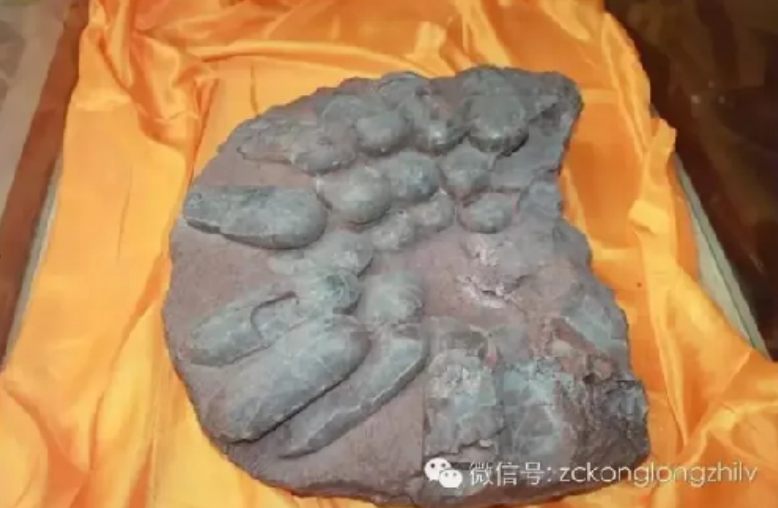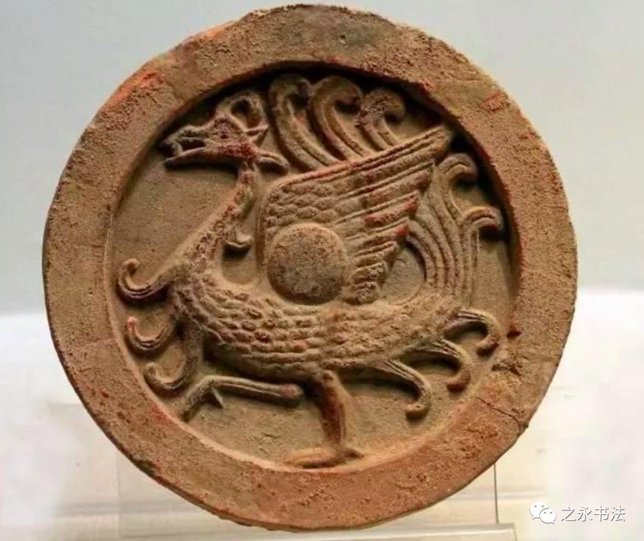Poetry and painting Pujiang | Wings on rice
Author:Jiangnan Youbao Time:2022.09.02

Wings on rice
Author: Zhang Kai
The sun comes to the wings--
Lonely fate
Always against the world
Flying between true and false
Do you want to wave in the blood
The name is qualified to ask for wings
About the gift of rice ears
Fire species that boil time
I see the end of the earth
In the dreamy dream of the old house
I glance at the apex of the sky
In the wings that are tumbling
You will live on the past rice
This is not a gift
I will be the past rice
This is not a punishment
Bleak
Poetry review: Between movement and static, see the world Datong
Wu Zhongsheng
Every time I saw Zhang Kai's poems, there was a surprise. Surprise he was the talent of writing poetry, surprised to his deep thoughts and the thickness of words.
The title of "Wings on Rice" make people's eyes shine, rice and wings, static and one big, small and big, forming a visual contrast, leaving a lot of room for imagination. Is the wings on the rice a bird's wings? The golden yellow and bird feathers of rice are drawn by human imagination.
In the eyes of the poet, the sun has wings. Although it is lonely, it is lonely after all, and it is incompatible with the boundless fireflies. Why does the "sun" "do right" with the world? This is the poet's reverse thinking. In the usual thinking trend, the sun is a symbol of warmth and light, but the poet does not do it, thinking that the sun "always opposes the world" because it "is between true and false." Real and false is a criterion for judging things invented by humans. It is abstract, but the poet gives it the image. For example, "true" is a mountain and "false" is a large river.
The name of each of us is a symbol, a spirit deeply rooted in the soul. Why does the poet "waving the name in the blood"? It is because he wants to explore his mystery in his life and sow the time to boil time on the earth.
How to see the end of the earth? Why do you look at the apex of the sky? If you just let the wings of imagination in the book, it is not the poet's opening. In his pen, not only the wings are tumbling, but also "a solid dream in the rice tank of the old house."
As a result, the poet and the ancestors of 10,000 years ago realized the integration of the soul. "You will live on the past rice/this is not a gift/I will become the past rice/this is not punishment."
Of course, I prefer to believe that this is a short chapter of the poet's "going to the mountain culture" to his hometown. His imagination was empty and free. He cleverly put on the controversy of the true nature of the bird's fossils, referring to the ancestors with "names in the blood", and metaphorized the great contribution of "uphill rice" to the "upper mountain rice" to the human civilization. The metaphor of rice is metaphorized by the creation of the poet.
Rice is a creature, rice is the world, and rice is synonymous with the earth. Above the rice, under the blue sky, the human heart is flying.
Humans live on the earth, but never annihilate the dream of flying. Among the overlapping years, countless birds have been fused, and in the ancient mountains or gully, the original humans and nature from the consequences from nature to harmonious coexistence. This silent voice may be buried deep in the loess, and may be burned on the rubble in a hidden way. Among the "Shangshan Culture", there have been many colorful painted patterns. The lines are simple and simple, the ideas are novel, and they are thoughtful and thought -provoking.
In the early Tang Dynasty, the poet Chen Ziang said in "Dengyouzhou": "I don't see the ancients before, but I don't see the coming. The brilliant "upper mountain culture" is the mysterious and huge wealth left by the ancestors to future generations. The poet tries to interpret the password of this wealth through his own efforts. Between the movement, see the world Datong. (The author is the editor -in -chief of China Photography Publishing House)
Photography: Rui Wenxiu
Recitation: Yuanqiang
Original editor: Jiang Yali
Original review: Yang Jun
Original Manuscript Manager: Hong Yan Sheng
- END -
Weifang created "East Asian Cultural Capital" | The little secret of dinosaur eggs

East Asian Capital is an important platform for international cultural exchanges a...
Twenty -eight places (five)

SunspillXi'an Qin Brick Hanwa Museum hidden in the Han Dynasty SuzakuwaSuzaku was ...